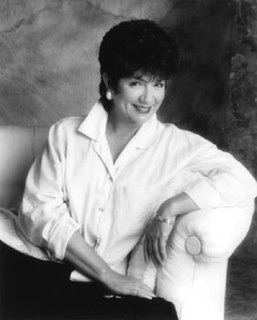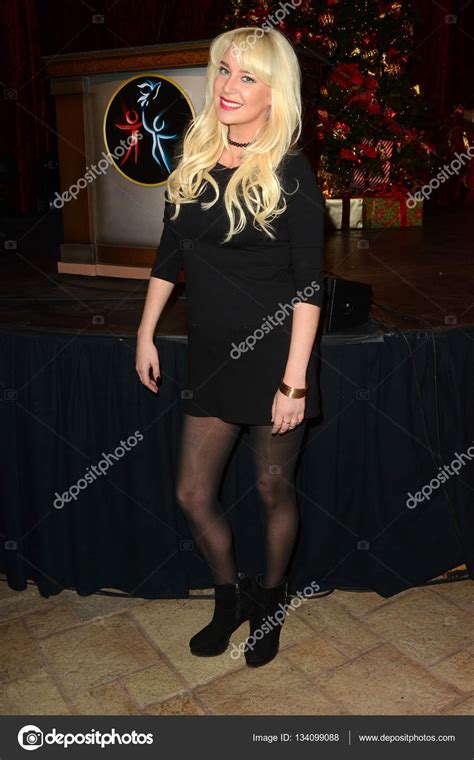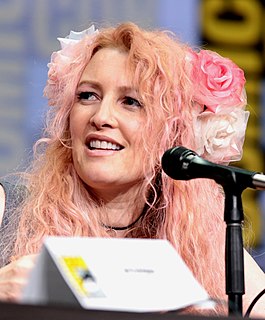A Quote by Lurlene McDaniel
You know not every book has to have a happy ending, but it has to have a satisfying ending.
Quote Topics
Related Quotes
It's always easiest for me as a writer if I know I have a great ending. It can make everything else work. If you don't have a good ending, it's the hardest things in the world to come up with one. I always loved the ending of 'The Kite Runner,' and the scenes that are most faithful to the book are the last few scenes.

































